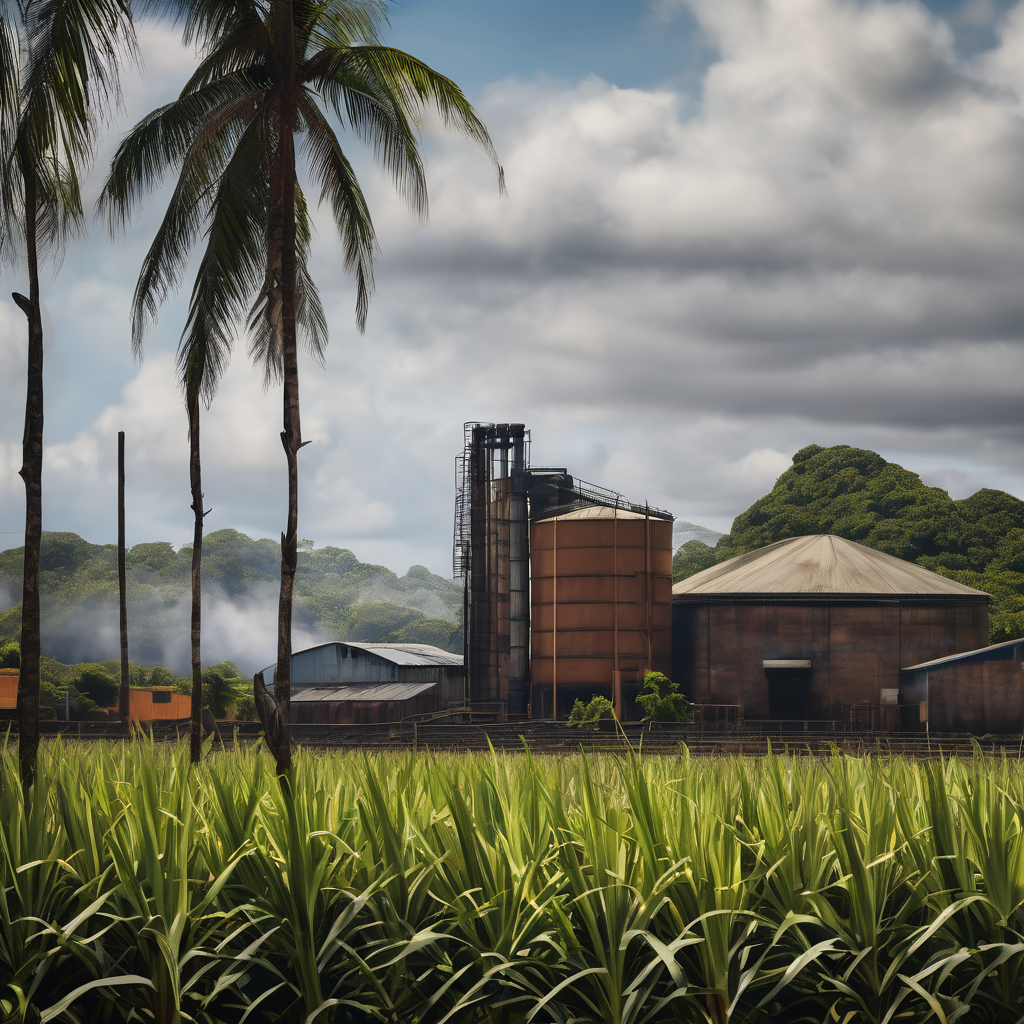Cane farmers in Fiji are confronting potentially devastating losses as the Lautoka sugar mill experiences its poorest performance in recent years. According to a concerning report from the Fiji Sugar Corporation, the mill currently requires 17 tonnes of cane to produce just one tonne of sugar, a significant increase from the previously standard 10 tonnes per tonne of sugar.
In the past week, the Lautoka mill managed to process just over 29,000 tonnes of cane, resulting in a mere 1,753 tonnes of sugar. This outcome falls short of the target of over 31,000 tonnes of cane and 3,100 tonnes of sugar. The National Farmers Union (NFU) has attributed this sharp decline to the processing of stale and burnt cane, highlighting that conditions may worsen unless urgent action is taken. At the current processing rate, it could take up to 12 weeks to manage the remaining 350,000 tonnes of cane in the Western Division, with the potential for the crushing season to extend into January next year if the Rarawai Mill does not reopen as planned.
Looking ahead to the 2025 season, the outlook remains bleak, with forecasts suggesting a drop in sugar proceeds that could lead to even lower cane prices. The NFU is pressing the government to take immediate action by refunding penalties associated with burnt cane, waiving any deductions made since September, and increasing the guaranteed minimum price for cane from $85 to $106 per tonne. This price, established in 2018, fails to account for a 25 percent rise in production costs over the intervening years.
In response to these escalating challenges, Prime Minister Sitiveni Rabuka has proposed an all-industry conference aimed at addressing these critical issues, acknowledging the farmers’ calls for concrete solutions. The NFU emphasizes the urgent need for the government to mobilize stakeholders and develop strategies to rescue the flailing sugar industry before it incurs further damage.
Previous reports have highlighted ongoing operational difficulties at the Lautoka mill, such as mechanical failures and inefficiencies that have led to significant wastage of cane. As the situation develops, the resilience of the farmers combined with governmental support will be essential to overcoming these trying times. Collaborative efforts among all stakeholders in the sugar industry could pave the way for enhancements and contribute to revitalizing a sector vital to the livelihoods of many in Fiji. The possibility for recovery and future stability remains, contingent on decisive actions and unified support among all parties involved.
